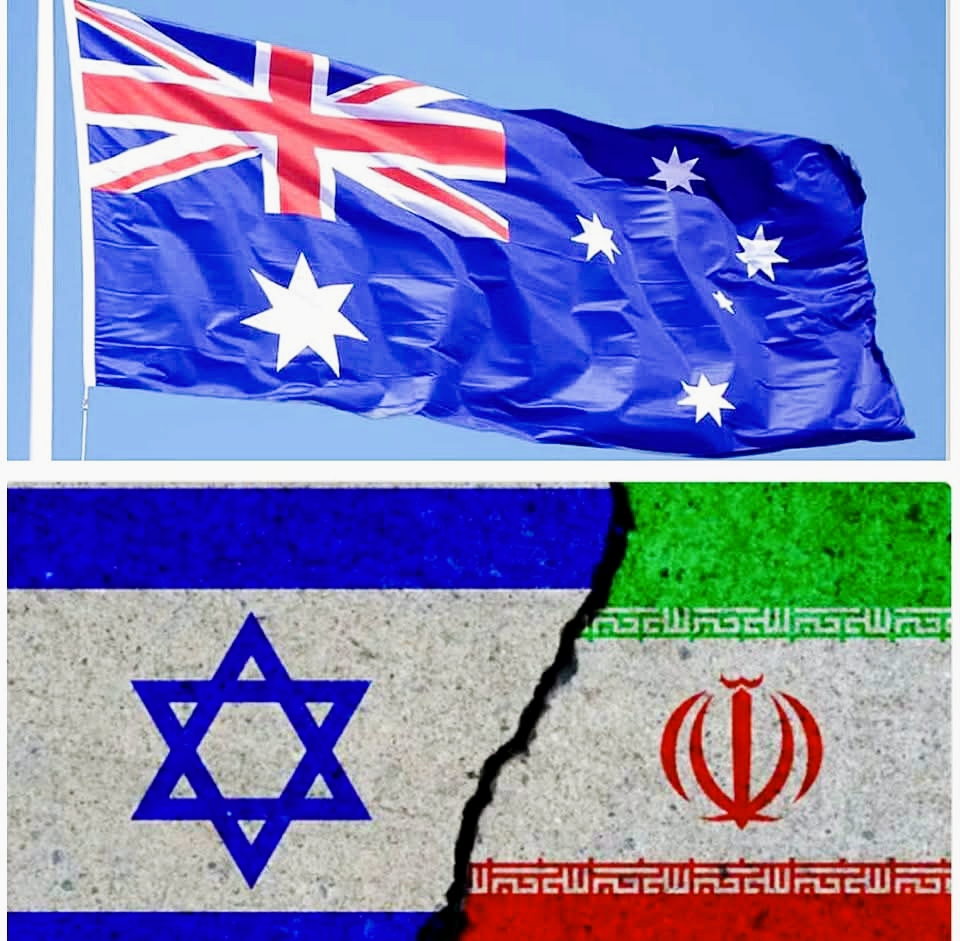In a new escalation of strained diplomatic relations, Australia today, Wednesday, categorically denied Israeli claims that attributed to Tel Aviv a role in Canberra's decision to expel Iranian ambassador Ahmad Sadeghi from the country.
This came at a time when Australian Prime Minister Anthony Albanese accused Iran of orchestrating two anti-Semitic attacks targeting the cities of Sydney and Melbourne.
Australian Minister for Home Affairs Tony Burke described the Israeli allegations to ABC radio as "absolute nonsense," confirming that the expulsion decision came directly after receiving a thorough security assessment, without any external interference.
Israeli government spokesman David Mincer indicated on Tuesday that the clear intervention of Prime Minister Benjamin Netanyahu and his criticisms of Australia's decision to recognize a Palestinian state were the motives behind the expulsion of the Iranian ambassador.
Mincer added that the relationship between Australia and Israel has been harmed by this decision, while welcoming Canberra's action.
For his part, Netanyahu launched a sharp attack on his Australian counterpart, describing him as a "weak politician who betrayed Israel and abandoned the Jews of Australia," referring to his intention to recognize a Palestinian state during the upcoming United Nations General Assembly in September.
Since the outbreak of the Israeli war on Gaza in October 2023, Australia has witnessed a rise in anti-Semitic attacks, including vandalism and arson of Jewish homes, schools, synagogues, and vehicles, along with an increase in anti-Islam incidents.
The Australian government announced on Tuesday that Iran sought to conceal its involvement in the two attacks that occurred last year, one targeting the Louis Continental Kitchen restaurant in Sydney, and the other the Adas Israel synagogue in Melbourne.
The decision by Australia to give the Iranian ambassador seven days to leave the country is the first such expulsion of an ambassador since World War II.
The Minister for Home Affairs indicated that the perpetrators of the attacks may not have been aware of the directives from the Iranian Revolutionary Guard, but he confirmed that this does not diminish the seriousness of the matter in the eyes of the Australian government.
In contrast, Iran has repeatedly denied these accusations, describing them as part of a campaign by hostile Western powers.
Amid escalating tensions, Australian Foreign Minister Penny Wong advised citizens not to travel to Iran, especially after the government's decision to close its embassy in Tehran.
She confirmed that there are currently about four thousand Australians in Iran, urging them to return home immediately.
This escalation clearly reflects the increasing tensions in relations between the three countries amid a charged atmosphere in the region and beyond.

